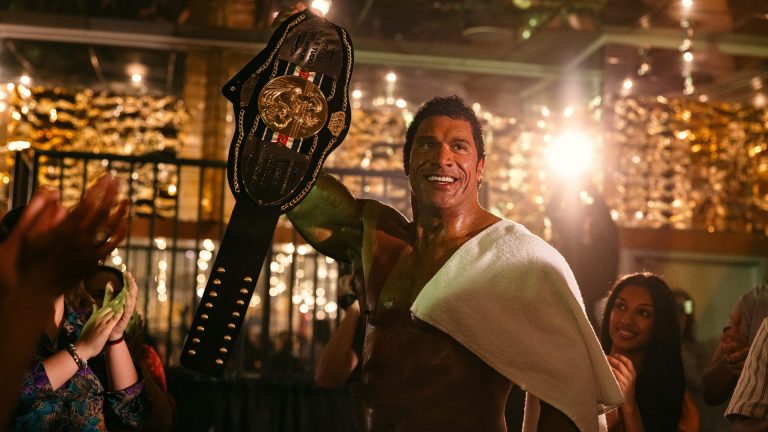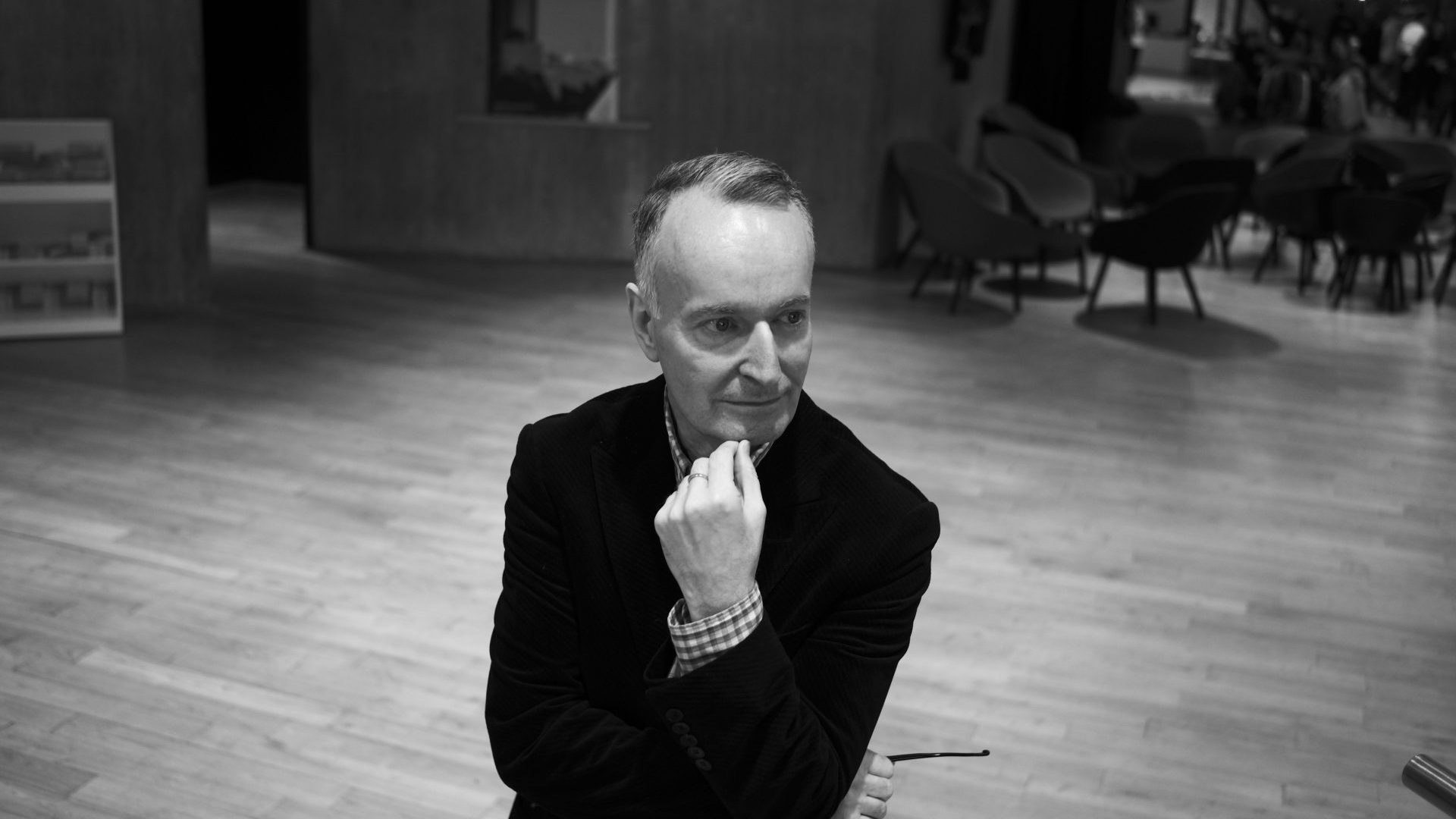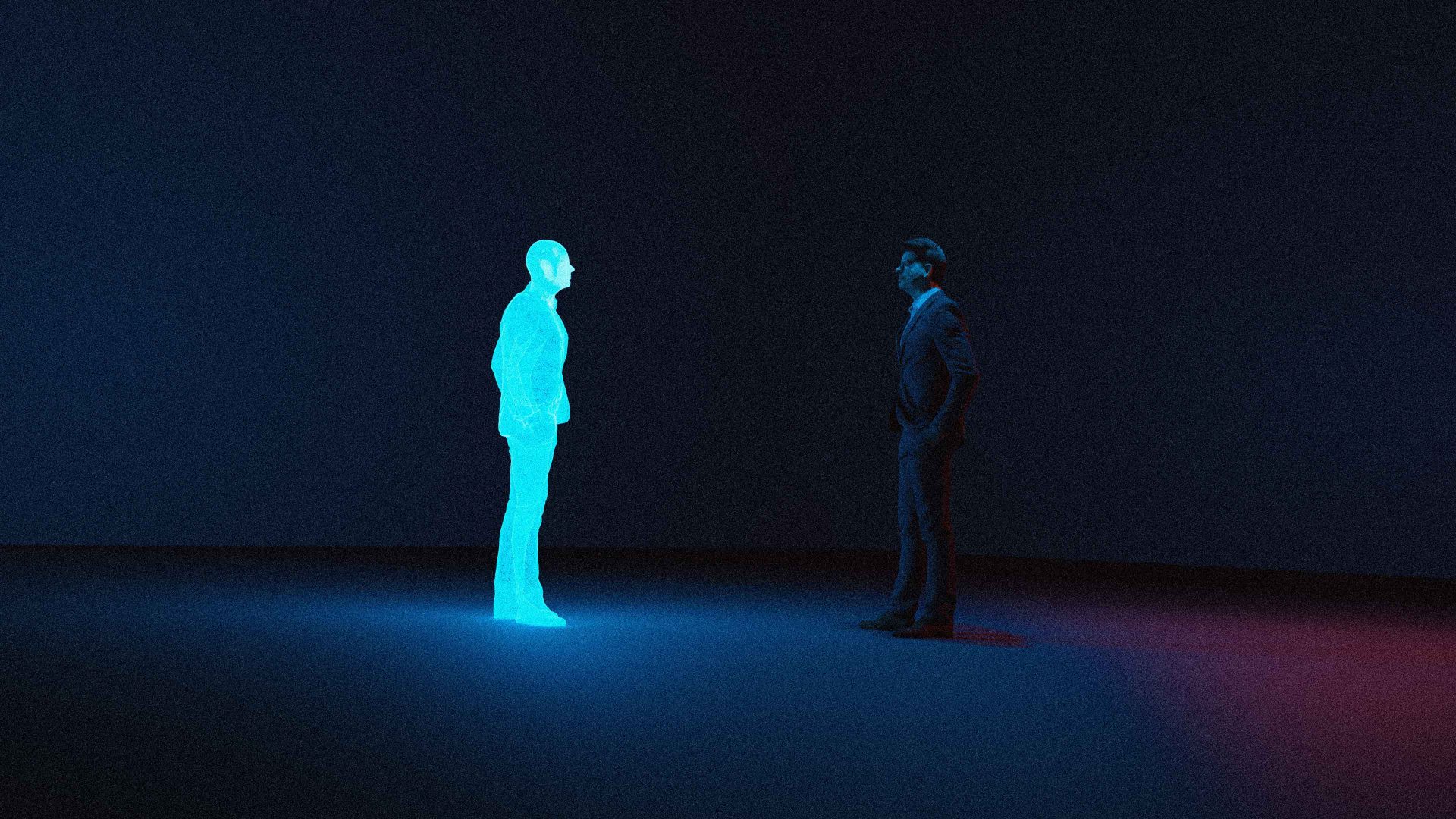PICK OF THE WEEK
On Friendship, by Andrew O’Hagan (Faber & Faber)
After last year’s terrific state-of-the nation novel Caledonian Road, Andrew O’Hagan reminds us that he is also our foremost essayist with this exquisite exploration of friendship, its meaning (“the poetry of proximity”) and its centrality to a life well-led.
Though he is much too subtle a writer to descend to didacticism, he addresses his subject as an enthusiast of friendship and its defiant champion in an era of morphing social patterns. “Friending” has become a transitive verb; and, in digital life, “what we enter into now is a relationship with someone’s projection of themselves.”
Friendship, he warns, “may soon become a luxury not a staple in the diet of everyday life.” We must not neglect the art of doing nothing in great company; as he says, “to kill time is to be a happy murderer.”
O’Hagan does not, I think, exaggerate in presenting friendship as the vivid peat in which we plant our germinal selves. “[T]he first great challenge of our social lives,” he says, “is to find the friend who might somehow match our capacity for wonder.” This is “a creative act, a bold, differentiating effort of the soul.” And its potential rewards are incalculable: first friends are “the splitters of the atom and the Lost Boys of Neverland.”
Those familiar with his fiction will know how movingly he wrote of friendship and its passage through time in the partly autobiographical Mayflies (2020). In this long essay, he more explicitly mines his own experiences, with wonderful memories of Seamus Heaney, Karl Miller, Colm Tóibín (to whom the book is dedicated) and Edna O’Brien who died last year and is luminously evoked. He is also good on why friendships splutter out at the start or because, as the poet says, “there’s no help”: witness his complex relationship with Julian Assange.
The reliable joy of an O’Hagan book – fact or fiction – is the sheer beauty and wit of the language. “Don’t forget,” he writes, “name-dropping is to friendship what manure is to roses; it smells dodgy but it helps things grow.” He points to “the little hostages to fiction that art demands”; whereas “the facts to me are only a wire through which one sends a current”.
The embattled republic of letters badly needs more ambassadors of O’Hagan’s calibre; writers who truly grasp that words are treasured friends, too.
Suggested Reading


The Smashing Machine’s Dwayne Johnson is nothing short of a revelation
FILM
A House of Dynamite (selected cinemas; Netflix, October 24)
Kathyrn Bigelow is the cinematic laureate of 21st century conflict. In The Hurt Locker (2008) – for which she won the Oscar for Best Director, the first woman to do so – she unpacked the trauma of the Iraq War; in Zero Dark Thirty (2013), she told the story of the hunt for Osama bin Laden. Now, in her first movie since 2014, she confronts the apocalyptic prospect of a nuclear exchange.
In a multi-polar, highly volatile geopolitical landscape this is no longer a fanciful scenario (“We won’t brag about them,” Vladimir Putin said of Russia’s 6,000 nuclear warheads in April 2022. “But we will use them.”) Indeed, the premise of A House of Dynamite is all too plausible: an intercontinental ballistic missile, launched by an unknown adversary somewhere in the Pacific, is heading for Chicago, and the US has 18 minutes to decide upon its response.
This hideously brief period is seen from several perspectives, which give the movie its suspenseful structure. First, we are in the White House situation room where Captain Olivia Walker (Rebecca Ferguson) tries to maintain calm in what amounts to the world’s scariest and most consequential Zoom call.
Next, the focus shifts to US Strategic Command, where General Anthony Brady (Tracy Letts, whose play Mary Page Marlowe is currently being staged at the Old Vic) urges a full-blown retaliation against America’s adversaries, in case the lone missile is only the spear’s tip of a coordinated attack.
Finally, we meet the president (Idris Elba), hitherto a blank square marked “POTUS” on the video call, who has been on a visit shooting hoops with a girls’ basketball squad. Up in Marine One, he is presented with a folder of options for nuclear responses of escalating severity: all of which, he can see, will lead to carnage on an unthinkable scale. What Bigelow captures so well is the chasm between, on the one hand, drills, wargames and training; and, on the other, the moral weight of truly standing at the edge of the abyss.
Working from a taut screenplay by Noah Oppenheim, Jared Harris excels as defence secretary Reid Baker, distraught as he realises that his estranged daughter is in the city about to be destroyed. And Gabriel Basso is good as deputy national security advisor, Jake Baerington, patched in from his iPhone, trying to persuade the Russians not to act pre-emptively while urging restraint upon his own superiors.
In the pantheon of great nuclear movies, A House of Dynamite bears comparison with Sidney Lumet’s 1964 Fail Safe and is a chilling cinematic counterpart to Annie Jacobsen’s 2024 book Nuclear War: A Scenario (Torva). It will shred your nerves.
STREAMING
The Last Frontier (Apple TV+)
Jason Clarke – who also has a part in A House of Dynamite – has been waiting for decades for the leading role allotted to him at last in this excellent ten-part action thriller, created by Jon Bokenkamp and Richard D’Ovidio.
As supervisory deputy Frank Remnick, a US marshal who has returned to his sleepy Alaskan hometown after a tragedy in Chicago, he must suddenly take charge of a national emergency when a plane carrying federal inmates crashes in the snow of the Yukon Flats. In search of bucolic bliss for his family – wife Sarah (Simone Kessell) and teenage son Luke (Tait Blum) – he has just bought a cabin in the woods. But such dreams are abruptly put on hold as he chases the 18 inmates who are on the lam.
And why has CIA officer Sidney Scofield (Haley Bennett) turned up to cramp his style? Because, she reveals, one of the escapees is a rogue agent (Dominic Cooper) – codename “Havlock” – who was being covertly transported in hood and shackles after interception at the Sino-Russian border. Needless to say, Havlock has what Liam Neeson would call “a very particular set of skills”: no ordinary fugitive, in other words.
Frank is experienced enough to intuit quickly that Sidney is not telling him the whole truth about her mission and, in particular, the panic back at Langley concerning the mysterious classified file “Archive 6”. The spook may be on his frozen turf. He loves to say things like: “This is Alaska; there is no perimeter” But he knows he can’t get the job done without her full cooperation. As slowly emerges, she is also in the midst of a crack-up (Bennett is compelling as the steely spy who, the next moment, is drowning her sorrows in tears and vodka).
The series takes its title from the state’s nickname and Alaska has indeed been a magnificent setting for past thrillers: notably, Christopher Nolan’s Insomnia (2002), Joe Carnahan’s The Grey (2011) and True Detective: Night Country (2024). In this case, the action is relentless and absorbing, the plotting well-structured, and the performances uniformly high-class. Ideal entertainment as the nights draw in.
FILM
Le Quai des Brumes (Port of Shadows) (STUDIOCANAL, Blu-Ray and DVD)
One of the classics of French cinema, Marcel Carné’s 1938 adaptation of Pierre Mac Orlan’s novel is reborn as a masterpiece of melancholy in this fine 4K restoration. Set in pre-war Le Havre, it captures a crepuscular moment of collision between love and death, hope and fatalism.
Jean (Jean Gabin) is an army deserter, hoping to make his escape by sea. As he tells a truck driver who gives him a lift, he is no stranger to the fog that envelops the port city. “I know all about it, I was in Tonkin,” he says; and not literally so, he explains, tapping his head: “In here”.
In Panama’s dive bar, he meets and is immediately smitten by Nelly (Michèle Morgan), who wears a transparent raincoat designed by Coco Chanel. She is initially sharp with him, ill at ease, and – we learn – unhappy living with her sinister and predatory guardian Zabel (Michel Simon).
Meanwhile, Jean clashes with local gangster Lucien (Pierre Brasseur), who is looking for Nelly’s missing ex-boyfriend Maurice. The chemistry between Gabin and Morgan – the Bogart and Bacall of French movies in their time – is extraordinary and you believe completely in the speed with which they fall for one another, even as they sense that their romance will be all too brief.
Though Carné’s movie, written by his longtime collaborator Jacques Prévert, is rightly said to prefigure the golden era of film noir, it is more accurately placed in the category of “poetic realism”: movies such as Renoir’s La Grande Illusion (1937) and Duvivier’s Pépé le Moko (1937) characterised by a brooding aestheticism and sense of dread that, at whatever level of consciousness, prefigured the second world war.
At the heart of Le Quai des Brumes lurks the implacable force of isolation. “Like a man trying to be free,” Jean muses to Nelly. “Everyone’s against him. Like at a hunt.” There are also some exchanges that could only appear in a French film. “You’re not a Cubist, are you?” asks the captain of the ship bound for Venezuela on which Jean hopes to make his escape. “Cubist?” he replies indignantly. “Of course not.”




